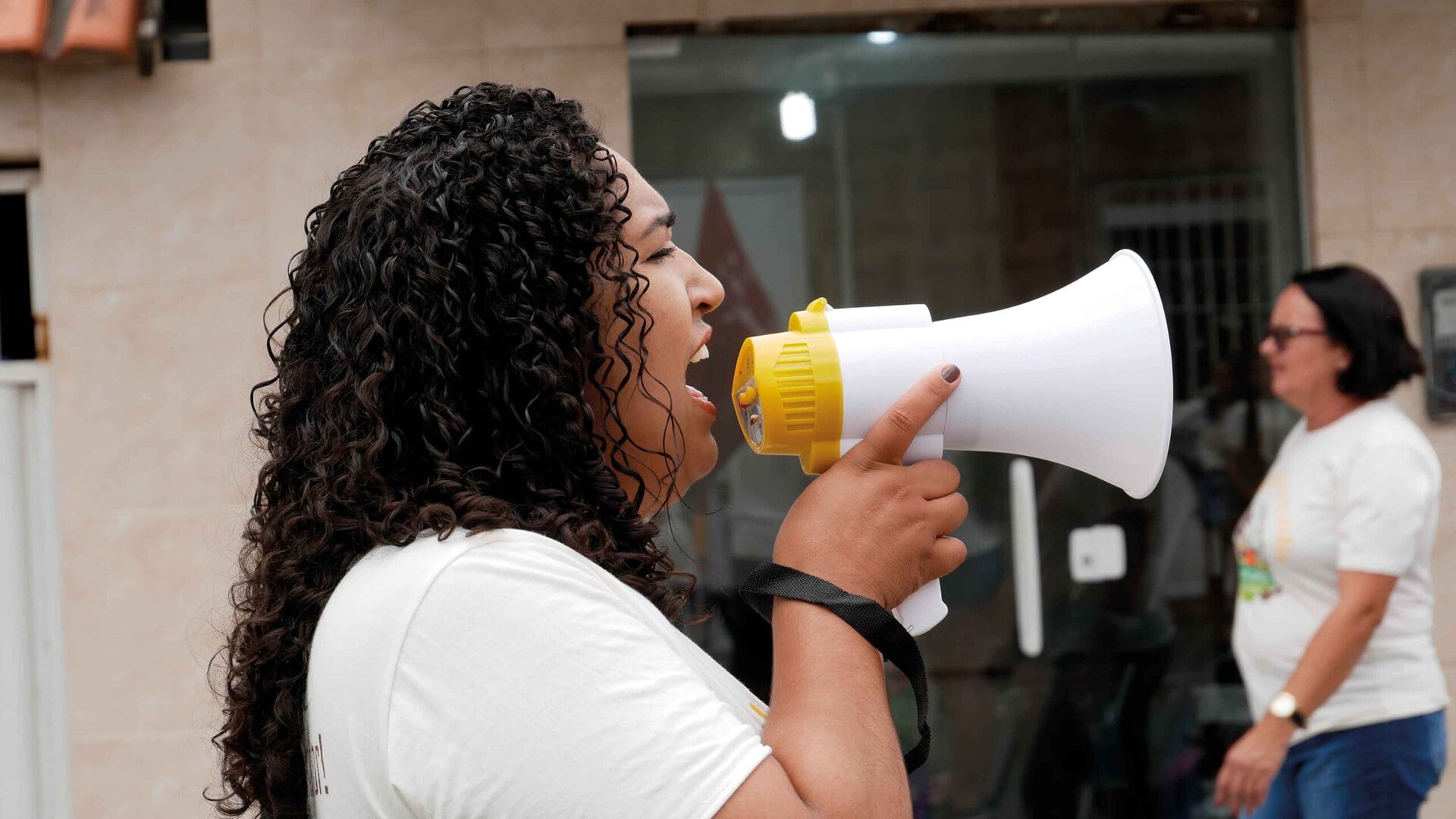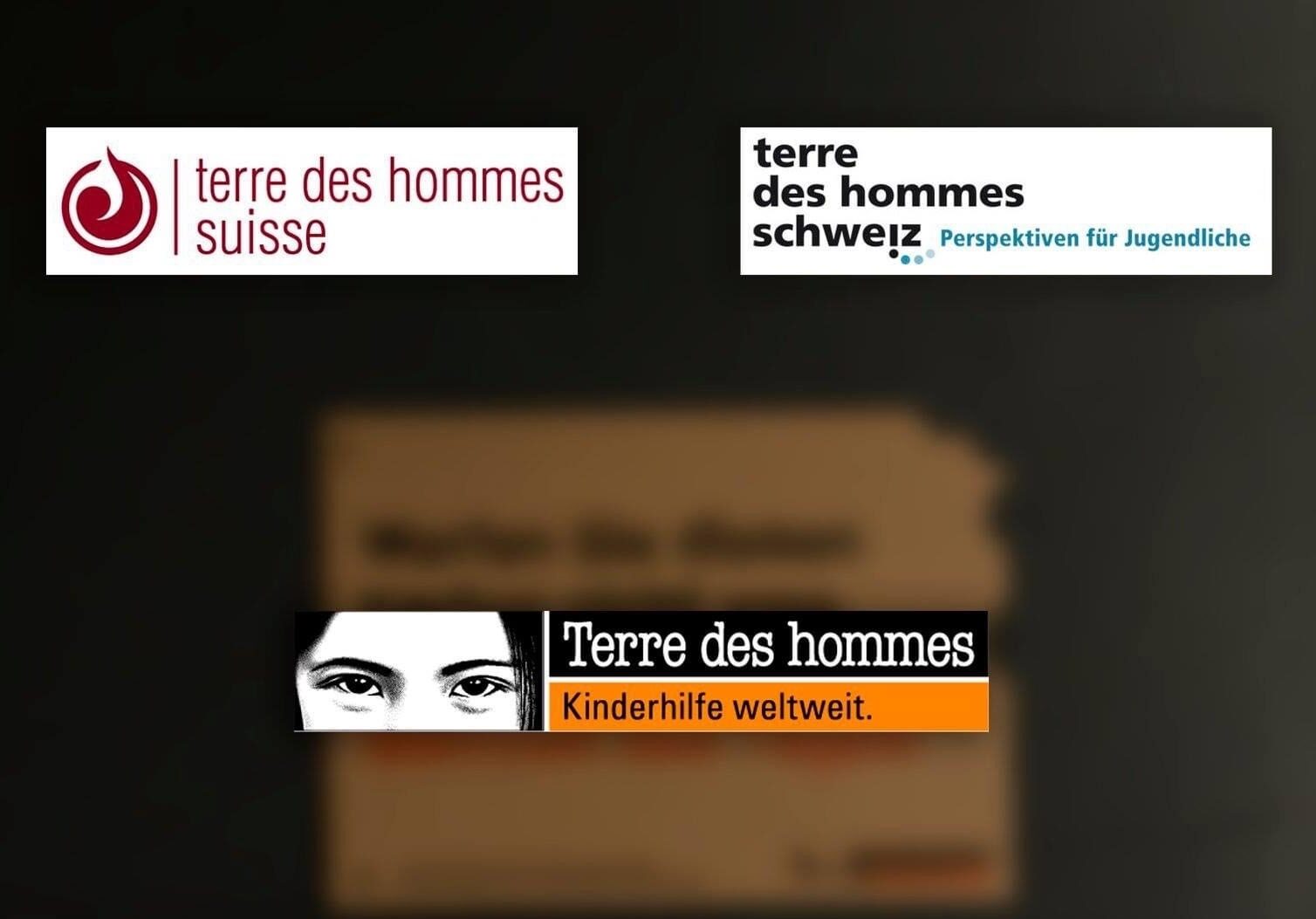“Development work – quo vadis?”: This will be the topic of a panel discussion on the 2030 Agenda on September 28 in Bern. Kristina Lanz from Alliance Sud will also be taking part. The working group of Swiss development organizations has been campaigning for sustainable development in Switzerland for 50 years. terre des hommes schweiz is a partner organization of Alliance Sud. Kristina Lanz’s point of view.
A year ago, the Responsible Business Initiative (RBI) caused a stir in Switzerland. Hardly any political issue involving solidarity across national borders has ever generated such broad public support as the Responsible Business Initiative. What made the initiative so successful was above all the broad mobilization: around 130 NGOs, churches and companies joined forces to call for global solidarity and responsibility.
However, the KVI also triggered a debate on the political commitment of NGOs. Ruedi Noser, FDP member of the Council of States and one of the earliest opponents of the CTI, was the first to table a motion in parliament. It called for a review of whether the conditions for tax exemption for charitable organizations that are politically active were still met. In a later motion, Hanspeter Portmann, also of the FDP, demanded that the Federal Council review state support for international cooperation projects run by NGOs involved in political campaigns.
The understanding of development cooperation on which these and other proposals are based is clear: NGOs should primarily help poor people abroad. However, the fact that poverty often has something to do with us and our lifestyle is deliberately ignored.
The KVI has made this connection clear and brought a new political understanding of development cooperation to the fore. It showed that poverty and environmental destruction abroad concern us as Swiss voters – because time and again, Swiss companies enrich themselves at the expense of the world’s poorest people, destroy the environment and livelihoods and accept child and forced labor.
Development cooperation is key to alleviating the worst excesses of poverty and finding common solutions. But without a fundamental change in Swiss policy, it will remain no more than a drop in the ocean.
Based on this systemic understanding of poverty and inequality, Alliance Sud was founded 50 years ago by a number of forward-thinking Swiss NGOs: On behalf of our partners, including terre des hommes schweiz, we fight for fair North-South relations and the implementation of Agenda 2030 – for sustainable, participatory development cooperation, for fair trade, for a fair tax system, for an effective climate policy and also for corporations to assume their global responsibility for people and the environment.
Even the current attempts at intimidation will not deter us from continuing to work politically for a better, fairer and liveable future for all people.
Kristina Lanz is responsible for the “Development Cooperation Policy” dossier at Alliance Sud. She is a member of the SDC’s Advisory Committee for International Cooperation.
Kristina Lanz at the panel discussion “Development work – Quo vadis?”: Tuesday, September 28, 2021, Bern. Details about the event here

Alliance Sud
Alliance Sud is the working group of the six Swiss development organizations Swissaid, Fastenopfer, Bread for All, Helvetas, Caritas and Heks. Alliance Sud is supported by the partner organizations Solidar Suisse, terre des hommes schweiz, Terre des hommes Suisse and the Swiss Red Cross. Alliance Sud has been campaigning for fair North-South relations and sustainable development in politics, the public and with economic actors since 1971.
Copyright photos: Alliance Sud. – Main picture: On 26 May 2008, non-profit organizations in Bern hand over the petition “0.7% – Together against poverty” with 201,679 signatures to the federal authorities. The petition demands a stronger commitment from Switzerland to the UN Millennium Development Goals and an increase in development aid to 0.7% of gross national income.



